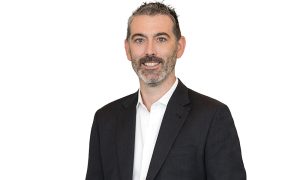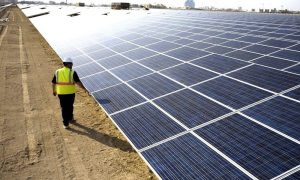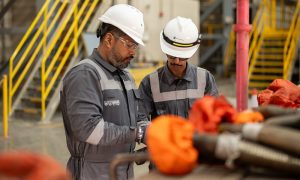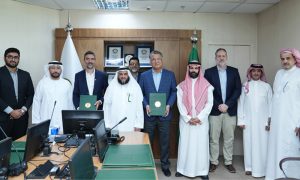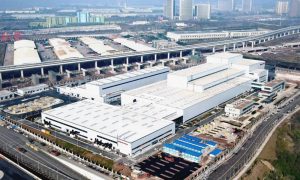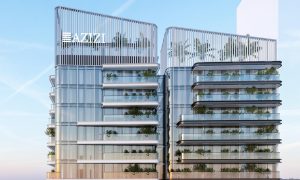UAE Ministry of Climate Change and Environment introduces National Air Quality Agenda 2031
The agenda sets out trends, initiatives and projects that will be launched in the coming few years to address air pollution in four focus areas

The National Air Quality Agenda 2031 has been launched by the UAE’s Ministry of Climate Change and Environment (MOCCAE). The launch took place during a forum that the MOCCAE organised to mark the International Day of Clean Air for Blue Skies under the theme ‘The Air We Share’. The day is said to have featured multiple presentations of the outcomes of local scientific research about particulate matter composition and sources.
According to the MOCCAE, the agenda was approved by the UAE Cabinet in June 2022 and provides a general framework to lead and align federal/local government entities and the private sector, with regards to monitoring and effectively managing air quality. It also outlines the reduction of air pollution to contribute to a healthier and safer environment.
“Air pollution is one of the main issues affecting the wellbeing of mankind and the environment. Estimated to cause seven million premature deaths annually, it contributes to impeding global efforts to combat climate change,” said Her Excellency Mariam bint Mohammed Almheiri, Minister of Climate Change and Environment.
Late in August 2022, the MOCCAE unveiled a pledge designed to boost the private sector’s contribution to the UAE’s Net Zero by 2050 initiative.
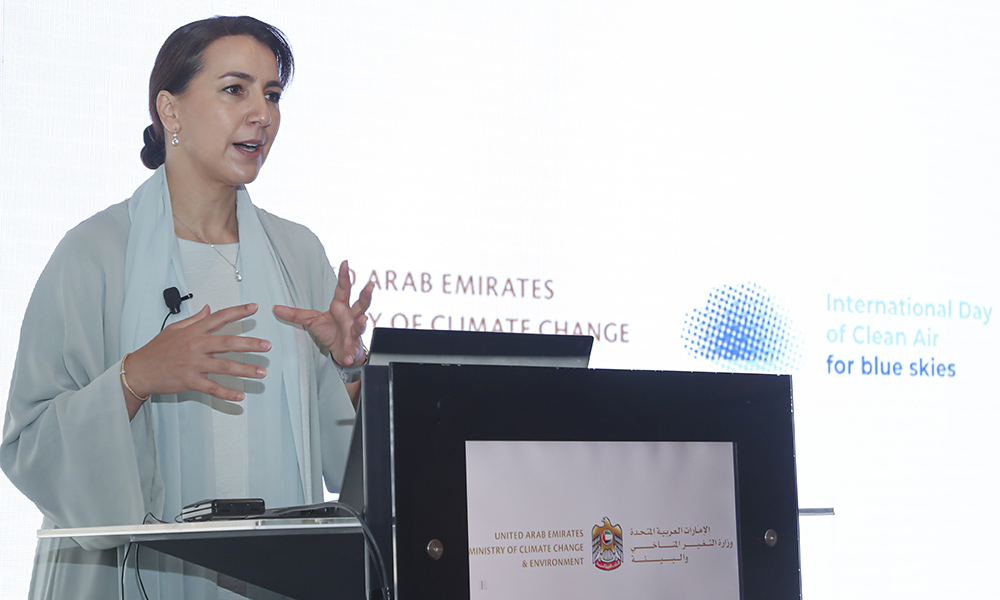
She added, “To mark the International Day of Clean Air for Blue Skies, we hosted a forum that brought together local and international stakeholders to highlight the interconnection between air pollution and public health, promote collective action to tackle the issue, and spur discussions to develop practical solutions. The development of the agenda was made possible through the valuable contributions of various federal and local government stakeholders. The active participation of our institutional partners proves the paramount importance of this endeavor.”
As per the MOCCAE, the agenda sets out trends, initiatives, and projects that will be launched in the coming few years to address air pollution in four focus areas:
- Outdoor air quality that includes eight supporting goals across 29 action themes, mainly in the transport, energy and electricity generation, construction, and waste sectors;
- Indoor air quality that covers three supporting goals and six action themes with a focus on construction materials, substances used in household products, and building maintenance;
- Ambient odor that comprises four supporting goals and 10 action themes in waste management, wastewater treatment, and industry;
- Ambient noise that has five supporting goals and 16 action themes in transport, construction, and industry
To achieve its targets, the National Air Quality Agenda outlines key enablers including establishing a clear and robust policy and institutional framework, enhancing technical and human resource capacities, promoting scientific and academic research, leveraging advanced technology, and facilitating access to financial resources, the MOCCAE explained.
In early September, a youth movement called for global leaders to take “urgent and bold climate adaption action”.
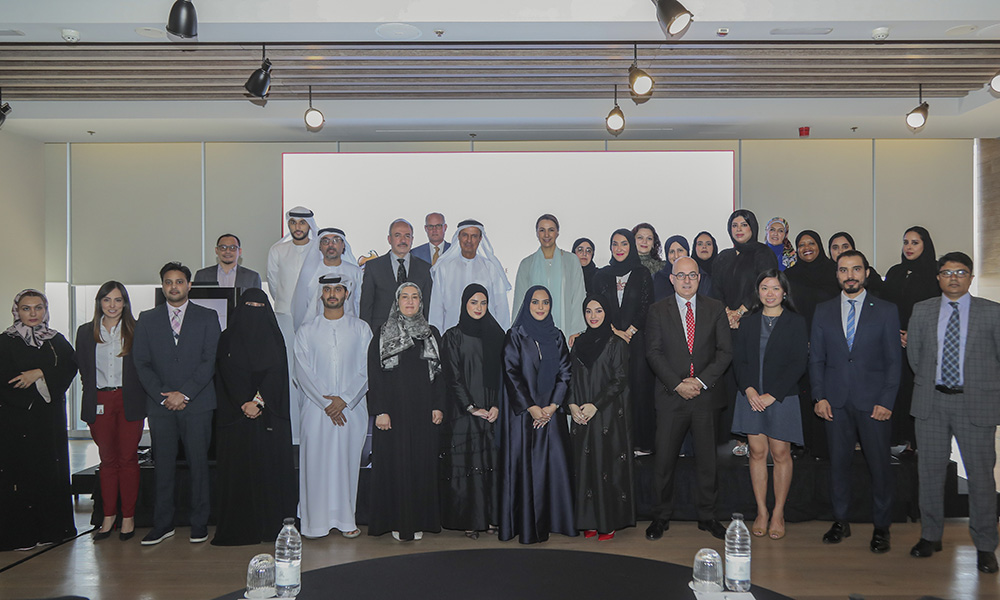
The agenda is built on three pillars, the MOCCAE says. Monitoring refers to the actual measurement of air pollution and related parameters, while mitigation involves a broad range of existing, planned, and required actions that will be taken to reduce levels of and exposure to pollutants. Finally, management relates to measures that will allow for interventions and initiatives to be effectively implemented, tracked, and controlled to reach the overall goal of improved air quality.
The MOCCAE event drew the participation of international organisations including the United Nations, the Global Green Growth Institute, and the Climate and Clean Air Coalition. Among the federal and local government entities in attendance were the Ministry of Health and Prevention, the Federal Competitiveness and Statistics Centre, the National Center of Meteorology, the Environment Agency – Abu Dhabi, Dubai Municipality, Sharjah City Municipality, Abu Dhabi Public Health Center, the Dubai Health Authority, the Environment Protection and Development Authority in Ras Al Khaimah, and Umm Al Quwain Municipality.
Khalifa University, American University of Sharjah, the United Arab Emirates University, and New York University Abu Dhabi represented academia at the forum, the MOCCAE concluded.
In February 2021, Sharjah-based developer Arada signed a deal with MOCCAE to boost environmental sustainability.


